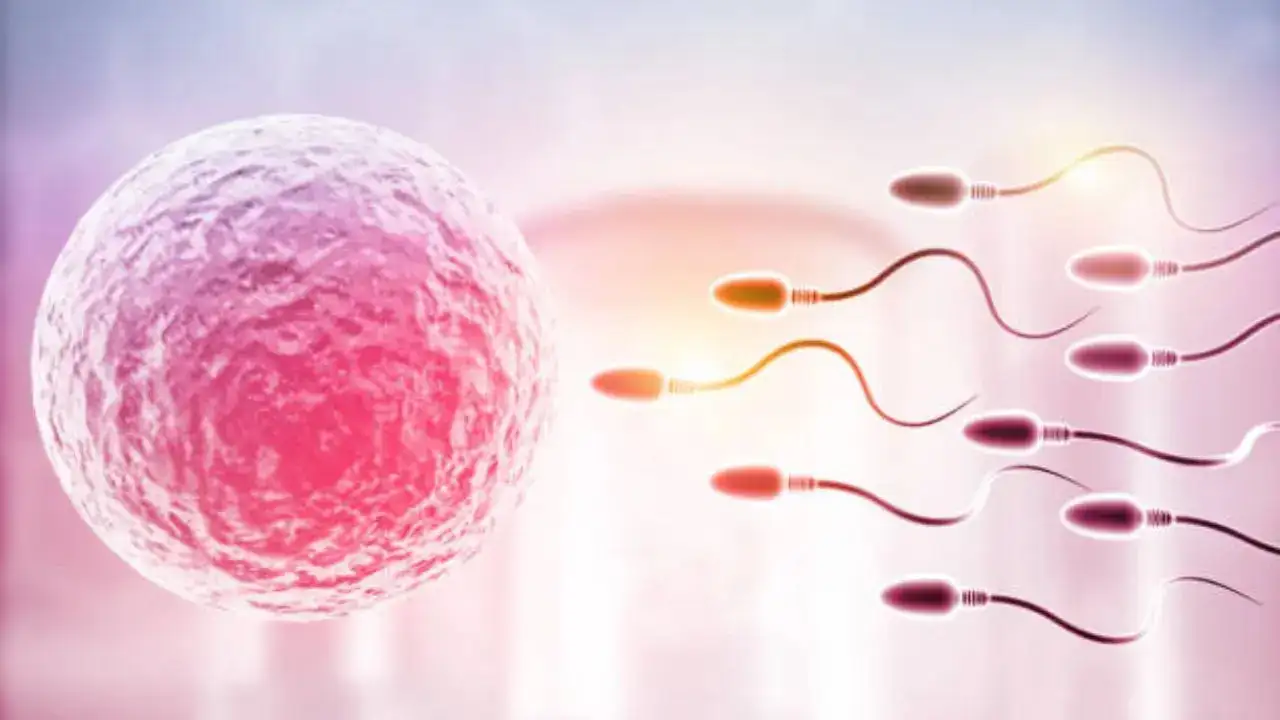
Genetic testing helps identify women at risk of early loss of reproductive capacity, or infertile men with an extra X chromosome
Genetics has an important role in reproduction, as it provides valuable insights into the causes of infertility. Infertility is a growing concern in India, affecting a significant number of couples. Estimates suggest that around 15 per cent of people in India experience infertility, with both men and women being equally affected. This translates to a large number of individuals, potentially 27.5 million, actively seeking children but facing fertility challenges.
According to experts, genetic testing helps identify women at risk of early loss of reproductive capacity, such as Fragile-X carriers, or infertile men with an extra X chromosome. Couples with alterations in the same gene are at increased risk of having children with that genetic disorder, e.g., thalassemia. “Advances such as ‘next generation sequencing’ have increased the chances of identifying genes for infertility and genetically affected children," Dr. Prochi F. Madon, Consultant Geneticist, Dept. of Assisted Reproduction and Genetics, Jaslok Hospital and Research Centre, told Times Now.
According to Dr. Madon, preimplantation genetic testing, or PGT, is also an extra step during IVF, which helps couples to conceive a normal child, avoiding the trauma of aborting a genetically abnormal foetus. “Those having a child suffering from a blood disorder, such as beta thalassemia, can opt for another pregnancy by selecting a normal embryo HLA matched with their sick child. After 2-3 years, the bone marrow of this ‘saviour sib’ is transplanted to cure their sick child,” she added.
Who can benefit from this test?
- Those interested in their carrier status
- Couples trying to conceive for more than 12 months
- Couples performing IVF
- Pregnant women
- Parents of rare disease children
Reproductive medicine helps treat hereditary cancers
According to studies, many cancers, like breast, ovarian, and colon cancer, can be passed down through families due to inherited gene mutations. PGT can be used to identify and select embryos that are free from specific inherited genetic mutations associated with hereditary cancers. “Couples with a family history of different hereditary cancers can also prevent their future children from inheriting the faulty cancer gene through PGT,” said Dr. Madon.
In PGT, doctors remove a few cells from each embryo and test for the presence of the mutated gene. Only embryos that do not carry the mutation are selected for transfer. Doctors say it provides an alternative to prenatal diagnosis and termination of pregnancy for couples with a family history of cancer.
